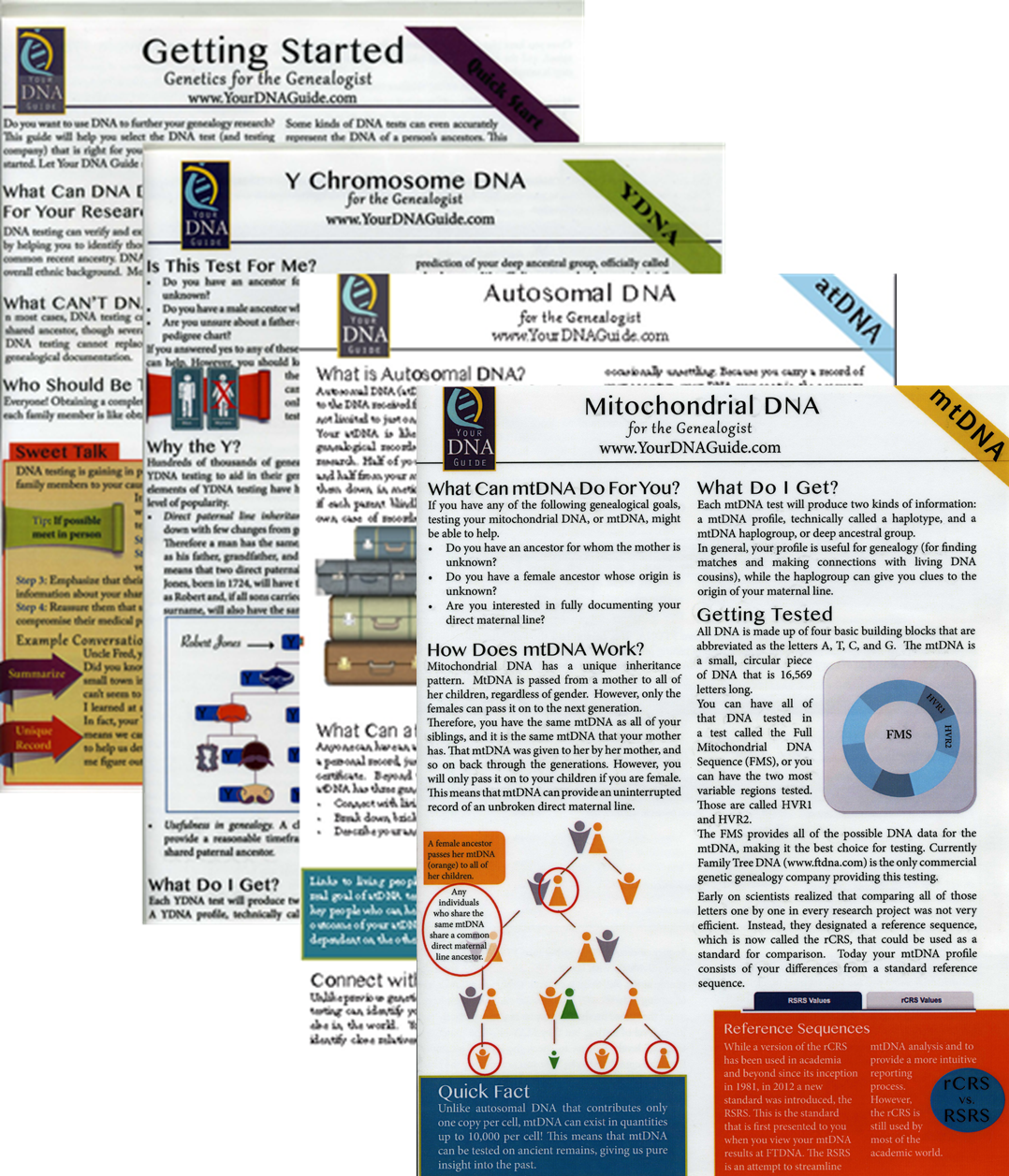Knowing your genealogical question can make DNA testing for adoptees (and anyone else) more focused and relevant. Being patient and determined—not quitting after a single test’s results—can also pay off, as it did for Paul Dobbs, a Welsh-born man who followed his adoptive father to Canada only to learn he was fathered by a U.S. serviceman.
Paul Dobbs didn’t find out that Len Dodds wasn’t his biological father until after the man who’d raised him to adulthood passed away. The truth came out during a genetic investigation into Len’s rare medical condition. He learned that he was child of an American soldier stationed in Wales during World War II. But years of traditional genealogical research led to dead ends. Then Paul turned to DNA and found a match: a first cousin.
With the help of his new-found cousin and the traditional genealogical records available about servicemen serving in Cardiff at the end of World War II, Paul was able to form a convincing hypothesis about the identity of his biological father.
He reached out to a potential half sibling who agreed to conduct a DNA test to explore this option.
She was a match. Paul had found his biological family! (Read his story in the Vancouver Sun.)
Not everyone will find their birth parents through DNA testing. But Paul took an approach that can serve anyone looking for biological kin through DNA. His experience reminds us that knowing your genealogical question can make DNA testing more focused and relevant. Being patient and determined—not quitting after a single test’s results—can also pay off, as it did for Paul.
For any male adoptee seeking his father, the yDNA test is a logical route to take. This is where Paul turned first. The yDNA provides an undiluted record of a direct paternal line. This can often help adoptees identify a surname for their paternal line. However, Paul did not have the success he was hoping for with yDNA testing.
He then turned to autosomal DNA testing. Remember that this kind of test traces both your paternal and maternal lines and reports back to you matches in the database that have predicted relationships like, “2-4th cousins” or “3rd-5th cousins” and then you are left to decipher who your common ancestor might be.
DNA testing is a great option for adoptees to get a jumpstart on their genealogy. However, before testing, everyone, adoptees included, should carefully consider how the results of testing may impact you and your family, both biological and adopted.
 Ready to learn more about your family with DNA testing? Learn how to with my series of quick guides. Purchase each guide individually or pick up the bundle of all 4 for the best deal!
Ready to learn more about your family with DNA testing? Learn how to with my series of quick guides. Purchase each guide individually or pick up the bundle of all 4 for the best deal!
- Getting Started: Genetics for Genealogists;
- Y Chromosome DNA for Genealogists;
- Autosomal DNA for Genealogists;and
- NEW! Mitochondrial DNA for Genealogists.
Visit my website to learn about expert consultations with me. You’ll get customized guidance on which tests to order and how to maximize your results for your genealogy research.




